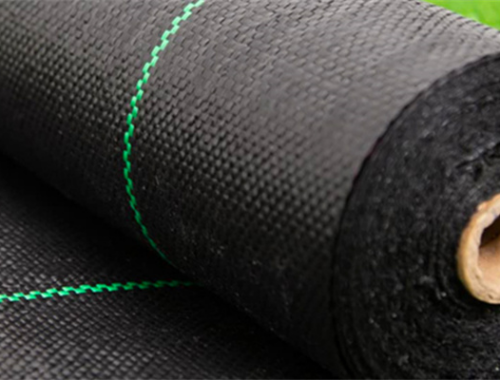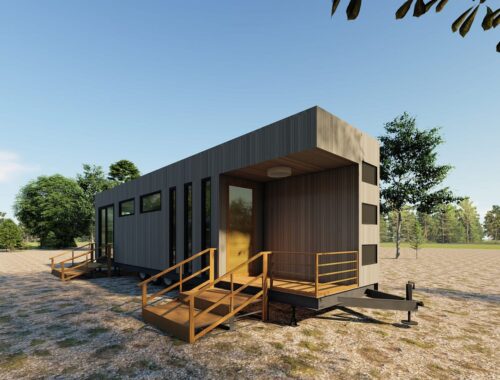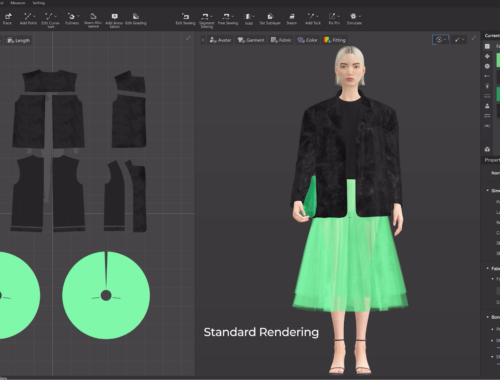Athlete Essentials for Surviving the Olympics
Click:室內設計
>
Every four years, we get excited about the new tech debuting at the Winter Olympics. But what doesn’t get as much attention are the everyday solutions athletes use to keep themselves up and running (or skiing) throughout the competition. Here, five U.S. Olympians dish on their essentials.
Ashley Caldwell, Freestyle Skier
Aerial skiers launch themselves off 12-foot-high jumps, soar 65 feet in the air while performing flips and spins, then land on their skis. Except they often don’t land on their skis. “Our bodies take a beating,” says Ashley Caldwell, 24, a member of the U.S. squad. That’s why, during her downtime in Pyeongchang, Caldwell will have her legs wrapped in a contraption called the Squid, a dual compression and icing device. To use it, Caldwell cools the gel packs in the freezer (or in the snow, she says), wraps them around her legs, then hits a button on a battery pack that’s attached via a cord to initiate compression. “It helps reduce the inflammation in my joints,” she says. “Sometimes I forget to use it, and I definitely notice.” Caldwell hopes the technology will keep her healthy enough to challenge for gold at the Olympics—and she has a real shot. Caldwell’s quadruple, twisting, triple backflip is the biggest trick any woman will attempt at the games.
Buy Now
Sophie Caldwell, Cross-Country Skier
Coming into the games, Sophie Caldwell scored a World Cup victory in the freestyle sprint and is considered a medal favorite in Pyeongchang—if she can stay relaxed and healthy. To ensure that she does, the 27-year-old Vermonter has two tricks. To knock out prerace jitters, she listens to books on tape. “Before races, your mind is racing, and even if you try to relax, your mind still comes back to racing,” she says. “Listening to books distracts me.” Caldwell’s playlist includes Born a Crime by Trevor Noah ($10), The Hate U Give by Angie Thomas ($11), and Little Fires Everywhere by Celeste Ng ($16), which is what she listened to before her World Cup victory. To keep her immune system healthy, she and her teammates down daily shots of garlic, cayenne, and lemon juice, which contain antioxidants and can help stave off the cold and flu. Caldwell says she typically gets a few colds each season, but since the team began this regimen, “we’ve all been really healthy compared to past years.”
Buy Now: Born a Crime
Buy Now: The Hate U Give
Buy Now: Little Fires Everywhere
Jonathan Garcia, Speedskater
According to Jonathan Garcia, a speedskater who’ll race the 500-meter event in Korea, he might not be in the Olympics if it wasn’t for a machine called the NormaTec Pulse. Garcia, 31, has wrapped the giant plastic bags around his legs each day for four years. For 20 minutes, the machine pushes compressed air through the bags, which, he claims, flushes lactic acid from his muscles. “It reduces soreness and achiness in the legs,” Garcia says. “What normally takes three days to recover from takes just 12 hours.”
Buy Now
Matt Antoine, Skeleton Racer
“I don’t sleep well, and that gets harder on the road with different pillows, beds, and jet lag,” says Matt Antoine, a skeleton racer who lives Phoenix, Arizona. That can wreak havoc on an athlete—some studies have suggested that lack of sleep can result in the same symptoms as overtraining. To help prevent that, this year Antoine, 32, began wearing Under Armour sleepwear, which the company says uses a proprietary print that absorbs the body’s natural heat and reflects that energy back into the skin, helping your body recover faster and promoting better sleep. Says Antoine: “Whether that’s real or not, I can’t tell you. It might be a placebo effect. But I definitely enjoy it. Not sure I get more sleep, but the quality of sleep seems better.”
Buy Now
Resi Stiegler, Alpine Skier
For Resi Stiegler, 32, the key to Olympic success is keeping her battered body in alignment. The Jackson Hole native has raced on the World Cup circuit for 14 years, scoring a podium finish in 2012. Along the way, she’s suffered numerous season-ending injuries, like a torn ACL and meniscus in her knee. But Stiegler has discovered a simple solution to help keep scar tissue from twisting her legs into a decrepit mess: Airweave’s top mattress, a thin, synthetic-fiber mattress that sits on top of the numerous hotel mattresses that Stiegler is forced to sleep on throughout the season. According to the company, the proprietary technology makes it feel as though you’re floating atop your bed while offering more support than a traditional mattress. Says Stiegler: “It’s easy to pack, light, and help keeps my body aligned.”
Buy Now
You May Also Like

FACTORS AFFECTING THE SERVICE LIFE OF GEOTEXTILES: DURABILITY AND MAINTENANCE
December 9, 2024
コンテナハウスの魅力と活用方法
March 14, 2025